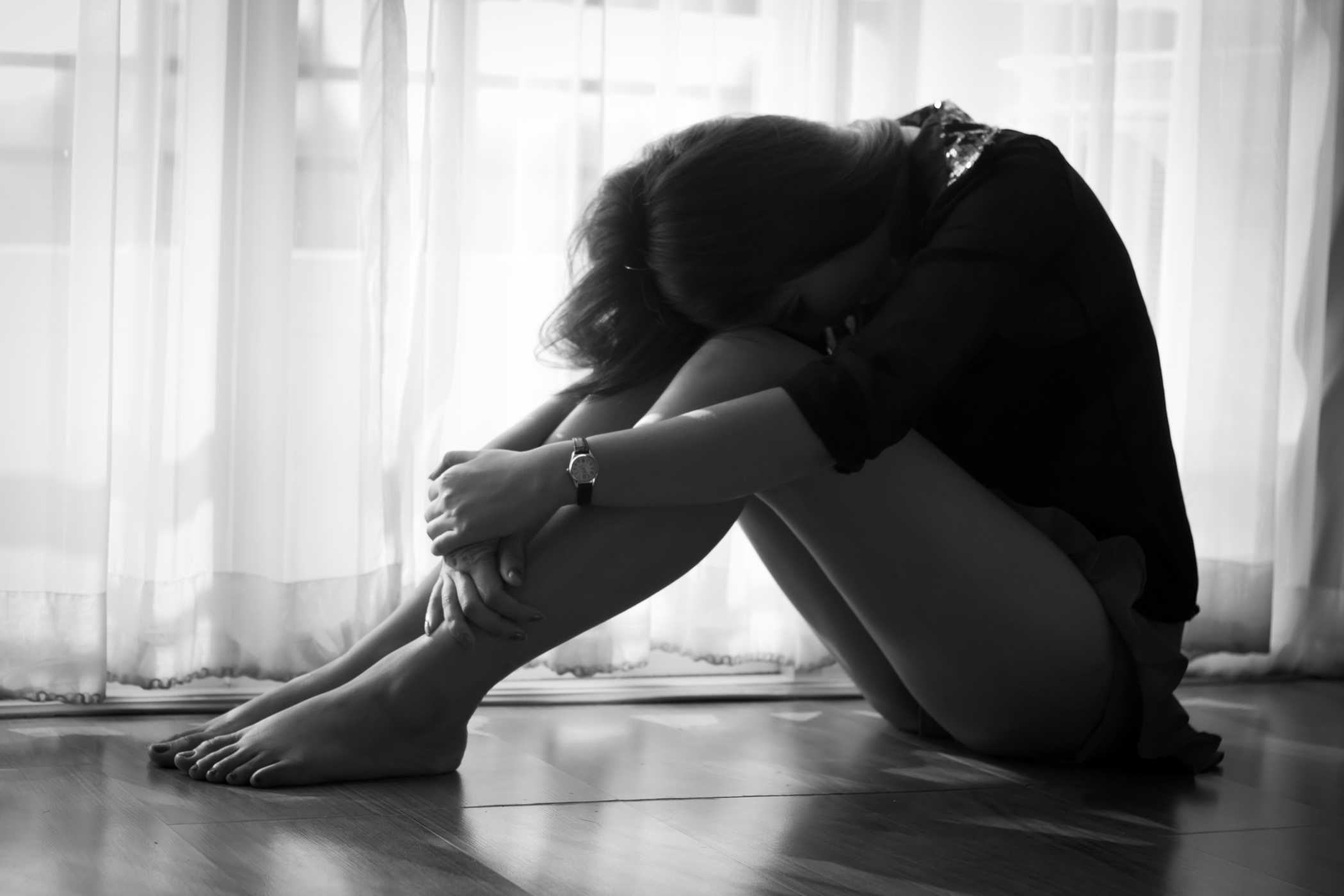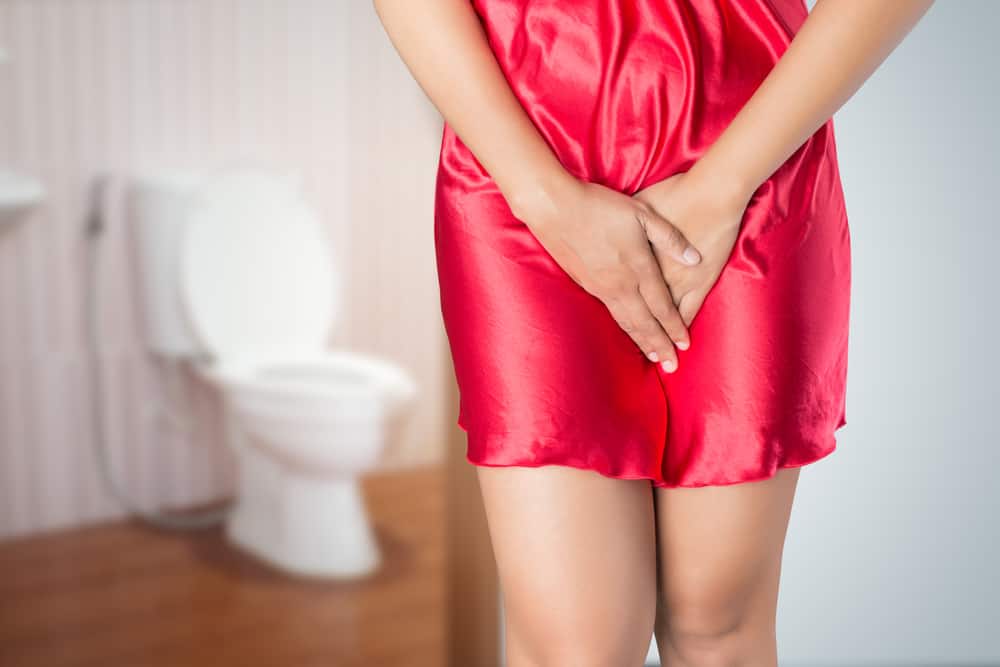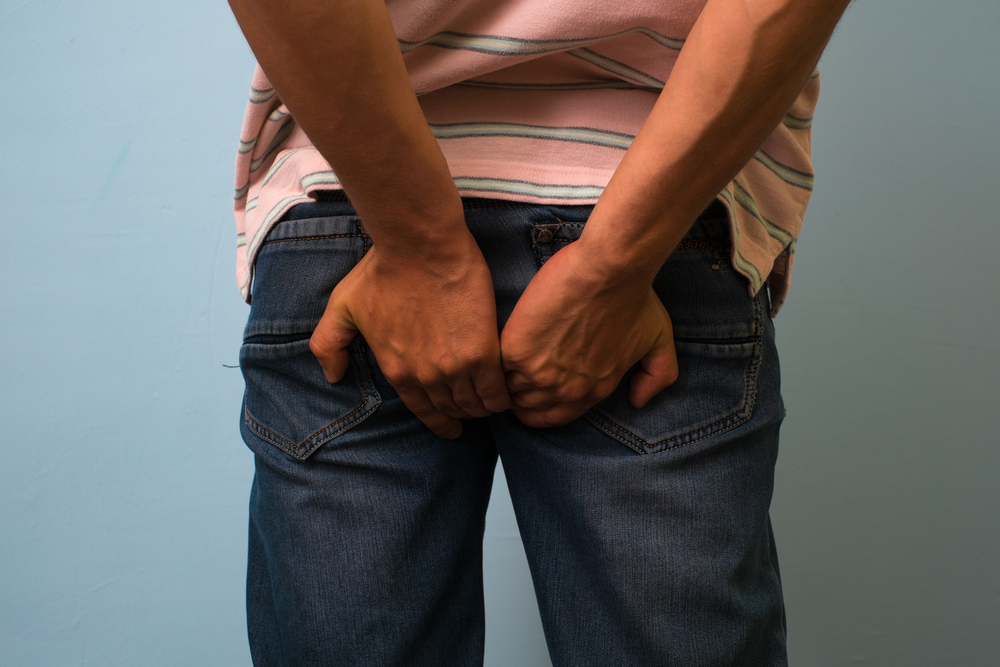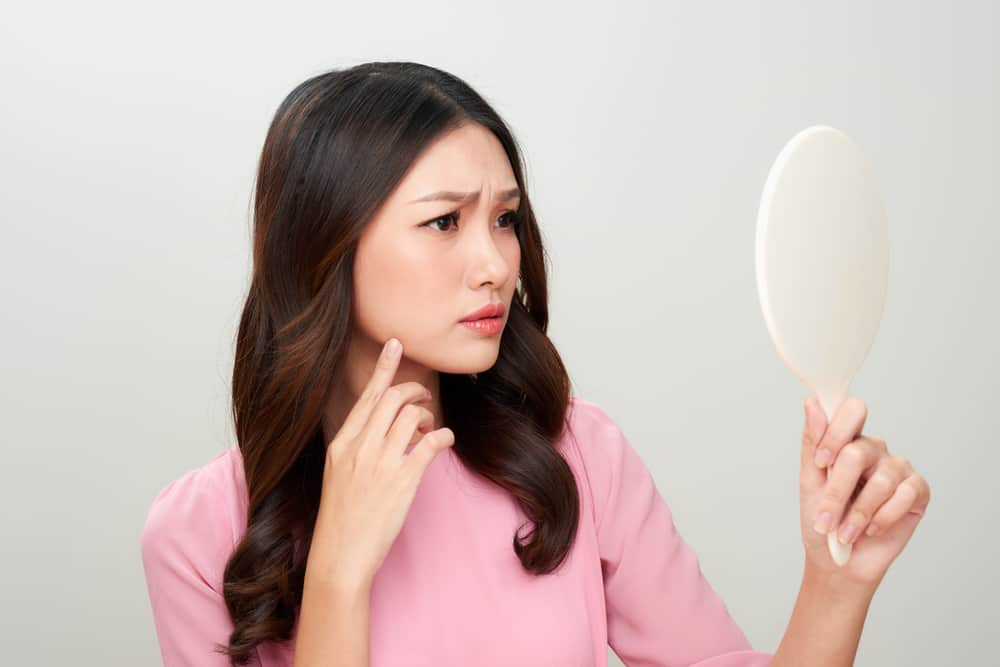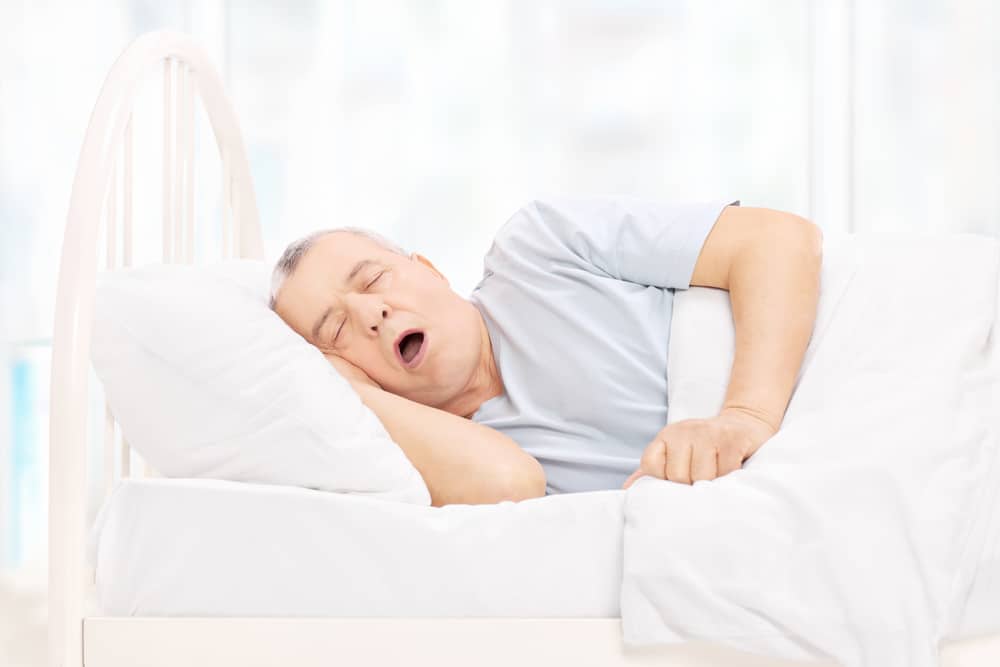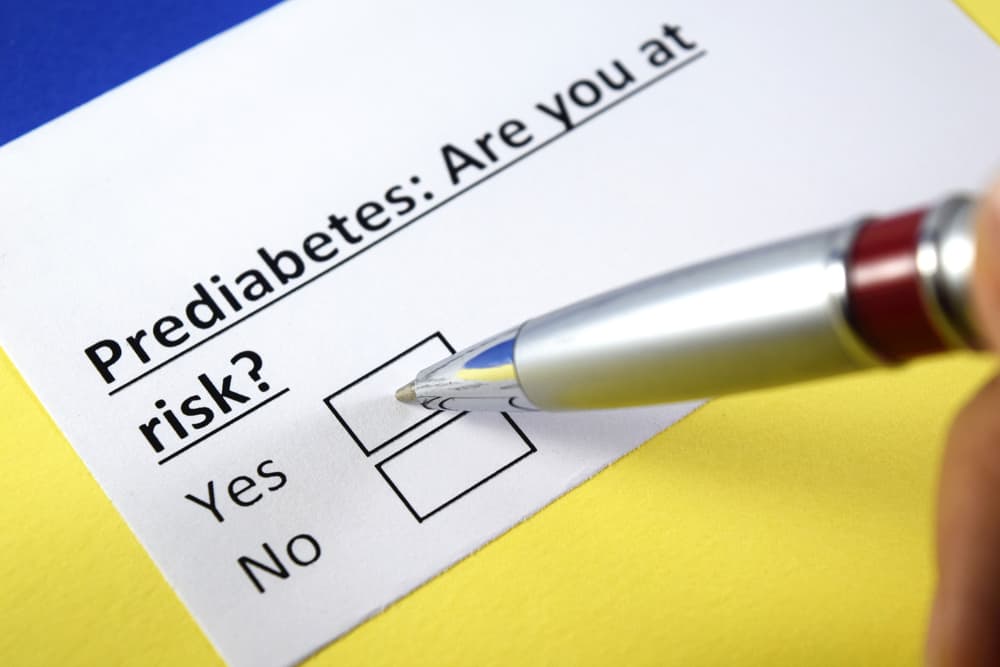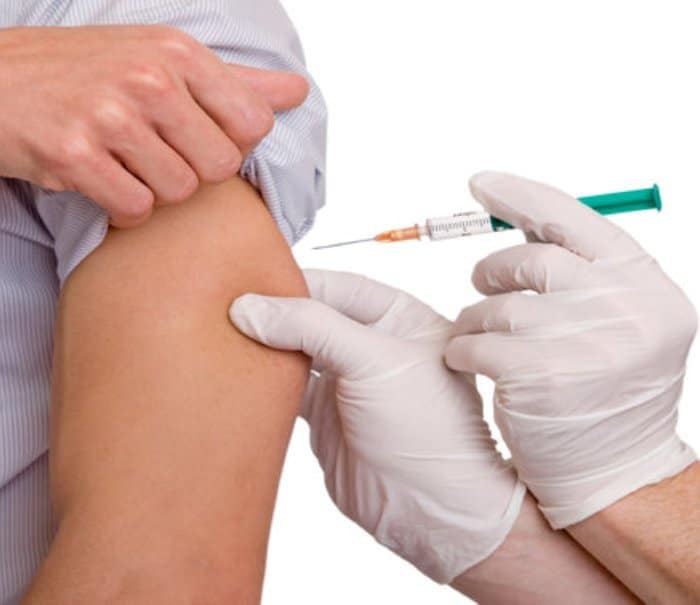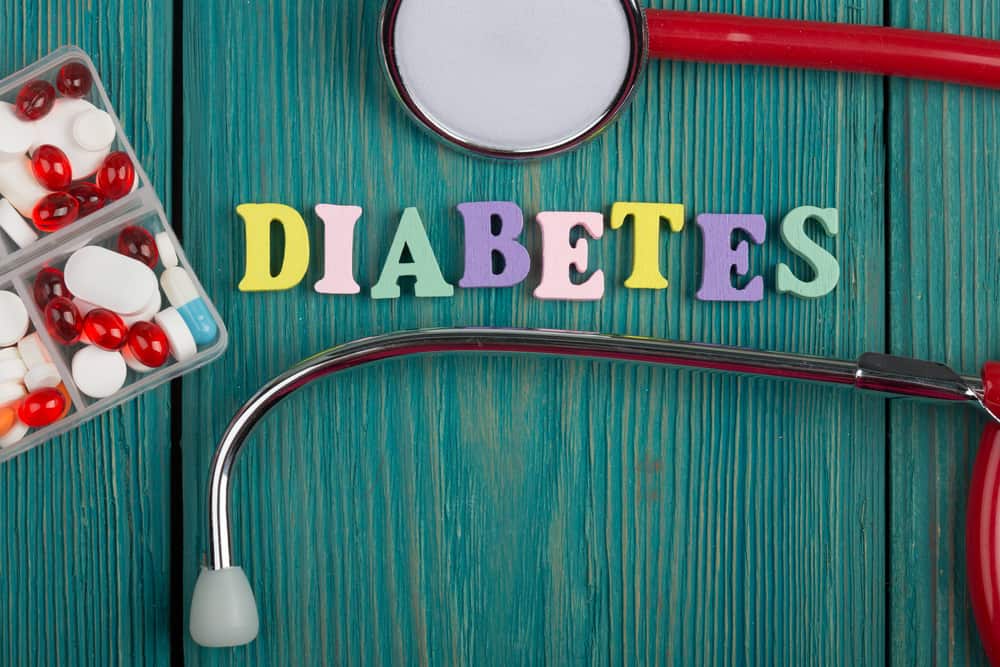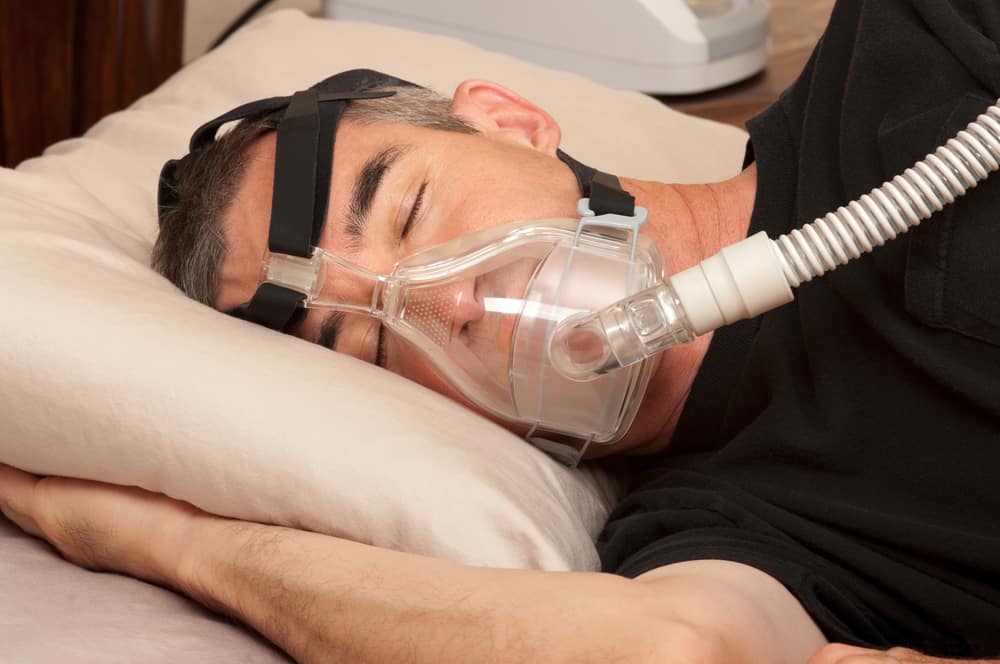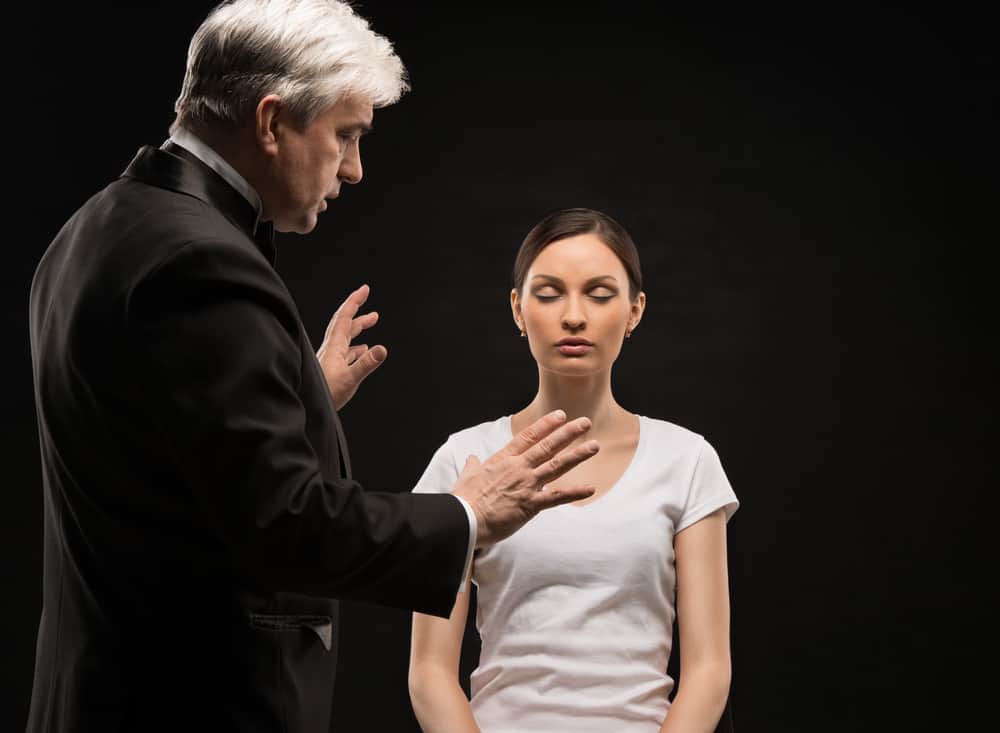Contents:
- Medical Video: Rebecca Stoeckle: Long term HIV survivors - sharing hard truths
- How serious can depression affect HIV?
- What causes depression in PLWHA?
- What are the signs of depression in HIV?
- What is the treatment for depression in HIV?
Medical Video: Rebecca Stoeckle: Long term HIV survivors - sharing hard truths
When you live with HIV, it's very natural to experience depression. Depression is a serious mental health problem and can destroy your ability to function in everyday life.
Therefore, if you are diagnosed with HIV, you must prepare some information about depression. We hope that some information about depression in the following HIV can help you.
How serious can depression affect HIV?
Depression is more than sadness or sorrow. Depression can make people with HIV / AIDS (ODHA) not disciplined in undergoing treatment, making it skip therapy or drug doses.
A study in 2012 showed that patients who had depression, especially women, were more likely to stop receiving treatment and not reach an undetectable viral load. In addition, depression can increase behavior that is at high risk of transmitting HIV infection to other people.
Depression is often ignored. Many HIV specialists are not trained enough to recognize or treat depression. Depression can also be misinterpreted as developing HIV.
What causes depression in PLWHA?
There are many causes of depression in HIV. Getting a diagnosis of a chronic disease such as HIV infection or AIDS can make the depressive mood worse.
But it should be noted that some drugs used to treat HIV can cause or worsen depression, especially efavirenz (Sustiva). Diseases such as anemia or diabetes can cause symptoms that look like depression, as well as drug use, or low levels of testosterone, vitamin B6 or vitamin B12.
What are the signs of depression in HIV?
Symptoms of depression in HIV vary from one person to another. Most health care providers suspect depression if patients report being overwhelmed by sadness or having very little interest in daily activities. If the feeling continues for two weeks or more, and the patient also experiences the following symptoms, chances are they are depressed:
- Dizzy or feeling slow and lazy
- Concentration problem
- Low sexual drive / loss of sexual interest
- Sleep problems
- Feeling guilty, worthless, or hopeless
- Overeating
- Lack of enthusiasm; showing no emotion; low motivation
- Bad concentration
- Irritability
- Insomnia
- Wake up sooner or later
- Inability to feel relaxed
- Sudden increase or decrease in body weight
- Fatigue or lethargy
- Losing interest in the activities or hobbies you normally do
- Feeling low self-esteem
- Excessive feelings of guilt
- Suicidal thoughts or about recurrent deaths
- Social isolation
What is the treatment for depression in HIV?
Depression in HIV can be cured by lifestyle changes, alternative therapies, and / or with medication. Many medications and therapies for depression can interfere with your HIV treatment. Health care providers can help you choose the therapy or combination therapy that is most suitable for you. Don't try to treat yourself with alcohol or drugs because this can increase depression and create additional problems.
Lifestyle changes can improve depression for some people. This includes:
- Regular exercise
- Increased sun exposure
- Stress control
- Counseling
- Increased sleep habits
Maintaining depression will only waste your time and make it difficult for you to recover from illness. Get out of your hiding place and welcome a helping hand, you are never alone.
Hello Health Group does not provide medical advice, diagnosis or treatment.

